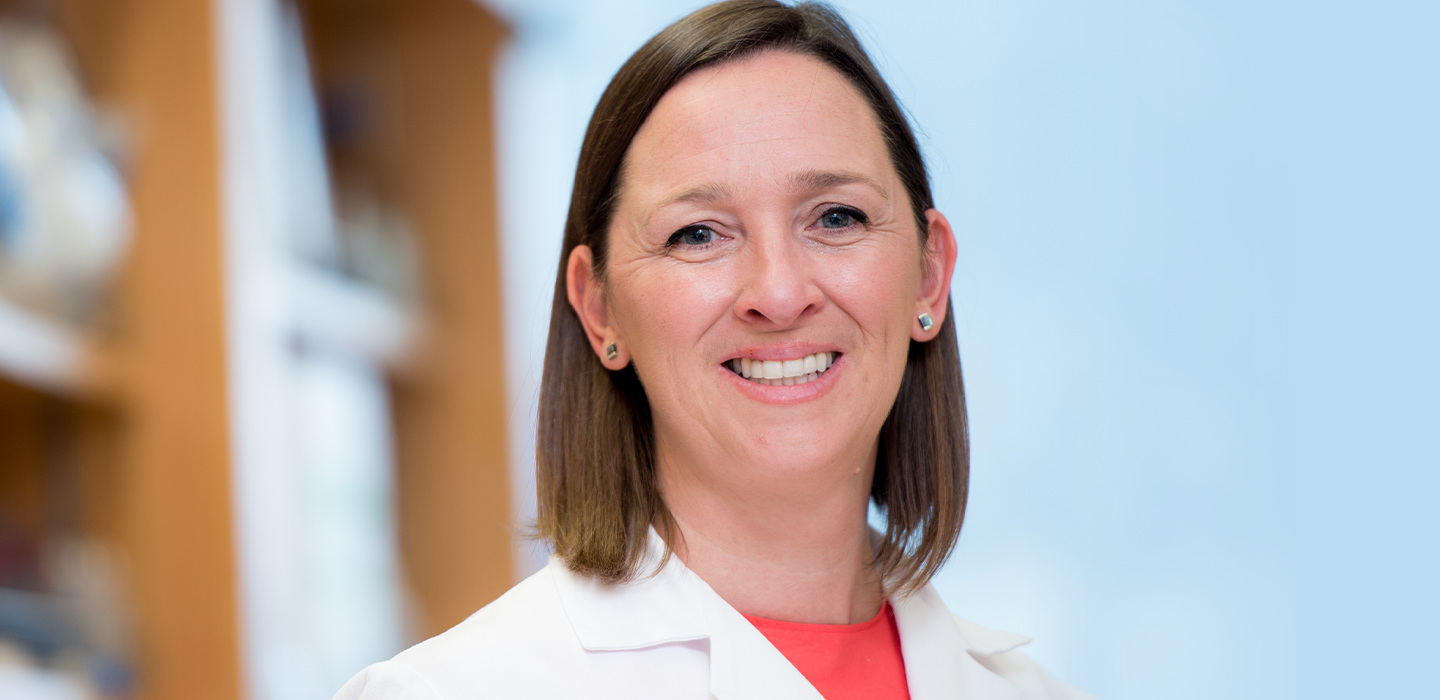Rethink Your Gut Instinct
Meet the tiny organisms inside of us making a big impact

Susan Lynch, PhD, leads the new UCSF Benioff Center for Microbiome Medicine. Photo: Barbara Ries
Meet the tiny organisms inside of us making a big impact
